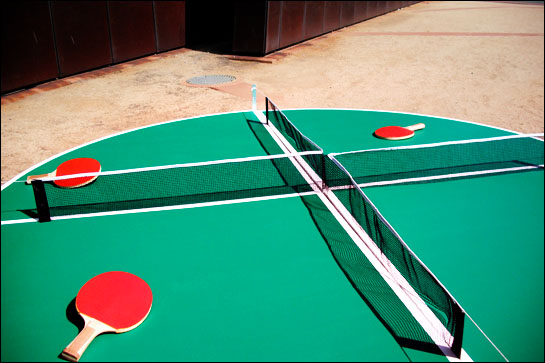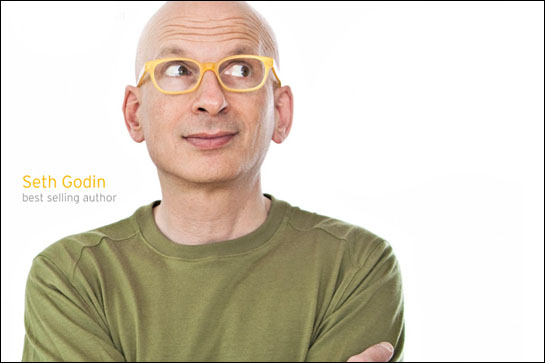
When you see someone who has a career you want, it’s a safe bet that they spent the majority of their career clearly defining themselves and then differentiating themselves from all the other people who defined themselves the same way.
Self-knowledge is a huge career tool, but most people find it onerous and try to skip it. The problem with skipping over self-knowledge is that people hit a career ceiling, not because someone put it on top of them – we put it on top of ourselves by not knowing who we are.
In order to differentiate yourself, you have to know what you don’t do well, and what you can do better than most people. This takes trying a lot of stuff (read: tons of failures) and it takes being wrong a million times (read: take public risks).
1. Forget about being smart.
The first thing you should not be is smart. You know that great American idea that we are a meritocracy? Well, it’s true, except it’s not a meritocracy based on hard work, we’re a meritocracy for good social skills.
We used to place high value on people who were walking Encyclopedias. Now we don’t need those sorts of people, and, in fact, they are weird. Their formerly very-useful ability to store data is relegated to parlor tricks now that we have computers.
My favorite example of the cultural demise of the know-it-all is the infographic of dumbest editorial arguments on Wikipedia. The arguments are fueled by people who think they will somehow define themselves by their arcane knowledge. For instance, on the page for Andre the Giant, 3,766 edits have been made in a dispute about whether his height was 7’4” or 6’10”. The problem is that these people will be defined by their obsession with facts, but they will be defined as useless. Read more
Read more






